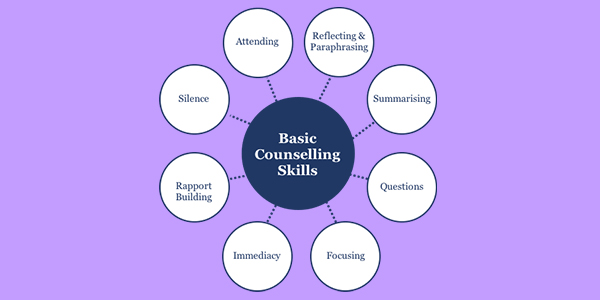Schools and Students
Intelligence (IQ) Assessment
Intelligence (IQ) is an ability to learn from one’s experiences, acquire knowledge and use resources effectively in adapting to new situations or solving problems. It can be simply defined as “ability to adjust to new situations”. Intelligence tests give us a broad assessment of intellectual capacity. Intelligence tests are useful in identifying key strengths of a individual, identifying children who require special training or remedial assistance and to better interpret results of allied tests like aptitude tests, achievement tests, etc.

Personality Assessment
Personality Assessment holds significance from 2 aspects; firstly by objectively quantifying behaviour it helps in identifying root cause of a person’s behavioural or adjustment problems. Results of these assessments serve as inputs for personality development of an individual. Secondly, every profession demands a different set of personality traits which are assessed by these tests. A win-win situation can be created only when a “person-job fit” is achieved. Increased use of personality tests by reputed organisations in their hiring processes, is a testimony to this fact

Aptitude Assessment
Aptitude is an ability- innate or acquired- to benefit by a certain type of training. Aptitude can also mean ability to learn to do something. Thus when we talk of aptitude, we predict what a person can do in future. Hence aptitude testing is the key factor while making important choices related to careers and occupations.
Some of the vital uses of aptitude tests are:
- To identify key strengths of an individual
- To help make a sound and informed career decision
- To select applicants for particular courses

Study Habits Assessment
Effective study habits act as catalysts in converting good study material, an individual’s aptitude and environmental resources- to Academic Success.
Advantages of study habits assessment:
- Better insights into one’s study habits
- Identifying areas of improvement
- Optimal utilization of time and energy
- Identifying learning disabilities

Memory and Concentration Improvement Program
Our Memory and concentration improvement program has been designed keeping in mind common concerns of students like inability to remember points during examinations and to promote focus on academics.
The program covers following topics:
- Basics of Memory processes
- Causes for Forgetting
- Mnemonic techniques
- Ways to Improve Concentration
- Dealing with boredom and distractors

Counselling Skills for School Teachers
If school is second home for a child, then the teacher is no less than parent of the child! It is the teacher who willingly takes up moral responsibility of inculcating values, imparting knowledge and shaping up a child’s personality. During this process, teachers need to understand and reason-out behaviour patterns of students. Our program addresses this and also how to provide first level psychological assistance to students. Program content also covers various class management techniques, ways to identify students with special needs, ways to deal with deviant behaviour and dos & don’ts in managing children

Remedial Education
Remedial education is a customized learning process designed for children having learning difficulties. As part of our Remedial Education Program, a student-specific education plan is developed on the basis of initial mental ability assessment and special needs of the child. The remedial education process utilises child’s areas of strengths and weaknesses; it incorporates effective study habits & skill building in areas of comprehension, reasoning, visuo-motor processing

